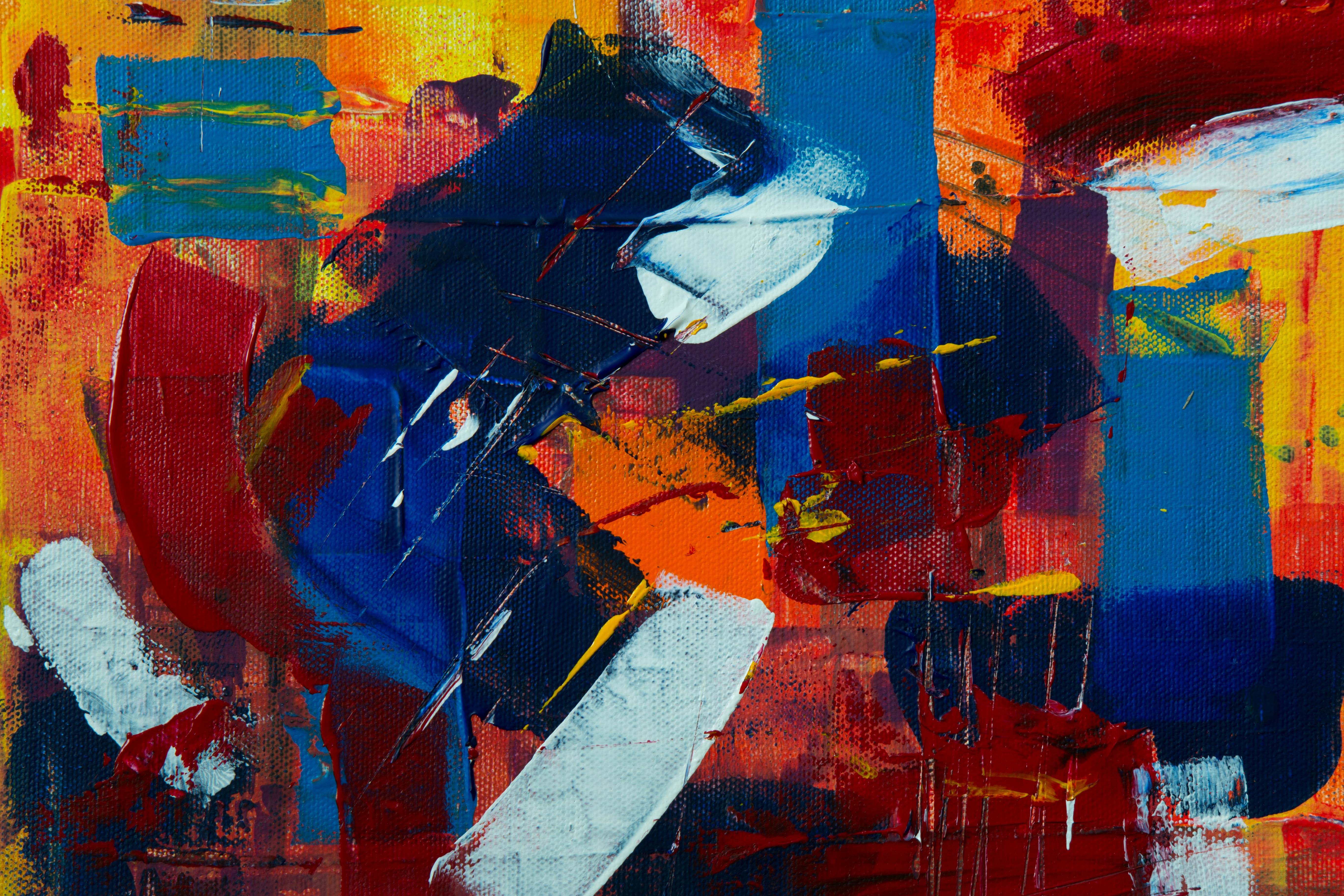Imprint of the Imagination: The Pervasive Influence of Fantasy Literature on Modern Media
"From Middle-Earth to Hogwarts, fantasy literature has impacted modern media in profound ways. Discover the far-reaching influence of this genre as we delve into the imaginative realms that have shaped our screens and our society." Fantasy literature, as a separate genre, emerged only in the 19th and 20th centuries, but its roots can be traced back to ancient myths, legends, and folktales. The emergence of fantasy as a distinct genre was largely influenced by the works of authors like J.R.R Tolkien and C.S Lewis. These authors created intricate worlds, populated with distinct cultures, languages, and histories, setting a standard for the genre. Their narratives have been integral in providing a blueprint for modern fantasy literature and its adaptation into various forms of media.

Shaping Contemporary Narratives: The Influence on Modern Media
The influence of fantasy literature on modern media is vast and multi-dimensional. It has shaped the narrative structures, themes, and character archetypes in films, television series, and video games. The commercial success of film adaptations like “The Lord of the Rings” and “Harry Potter” series further illustrates the genre’s appeal and its potential for visual storytelling. The complex, layered narratives and well-defined characters offer a rich source of inspiration for screenwriters and game developers, providing them with a creative springboard for their own original works.
The Digital Age: Video Games and Virtual Reality
The impact of fantasy literature extends beyond traditional media to the realm of video games and virtual reality. The intricate world-building found in fantasy novels provides a perfect foundation for immersive gaming environments. Titles like “The Elder Scrolls” and “World of Warcraft” owe much to the rich tradition of fantasy literature, drawing heavily on its themes, lore, and character archetypes. As technology progresses, these narratives are becoming more immersive, creating virtual experiences that allow players to live out their own fantasy adventures.
The Cultural Impact: Beyond Books and Screens
Beyond its influence on media, fantasy literature has a profound cultural impact. It has inspired countless fan cultures, conventions, and even academic studies. These narratives have given rise to vibrant online communities, fan-fiction, art, and cosplay, fostering creativity and shared experiences among fans. Fantasy literature and its media adaptations have also prompted discussions on societal issues, encouraging critical thinking and empathy by presenting these topics through the lens of the fantastical.
The Future: New Frontiers in Fantasy
While the influence of fantasy literature on modern media is profound, it’s a relationship that continues to evolve. As we venture further into the digital age, the genre’s potential for creating immersive, interactive experiences is only beginning to be realized. The rise of augmented and virtual reality technologies offers new avenues for exploring these fantastical worlds, promising a future where we can not only read or watch fantasy but inhabit it.
Fantasy literature has left an indelible mark on our culture, shaping not just our media, but the way we think, dream, and imagine. Its influence is a testament to the power of imagination and the enduring appeal of stories that transport us to worlds beyond our own. In an increasingly digital age, where the boundaries between reality and the fantastical are becoming ever more blurred, the impact of fantasy literature is set to grow even further.




